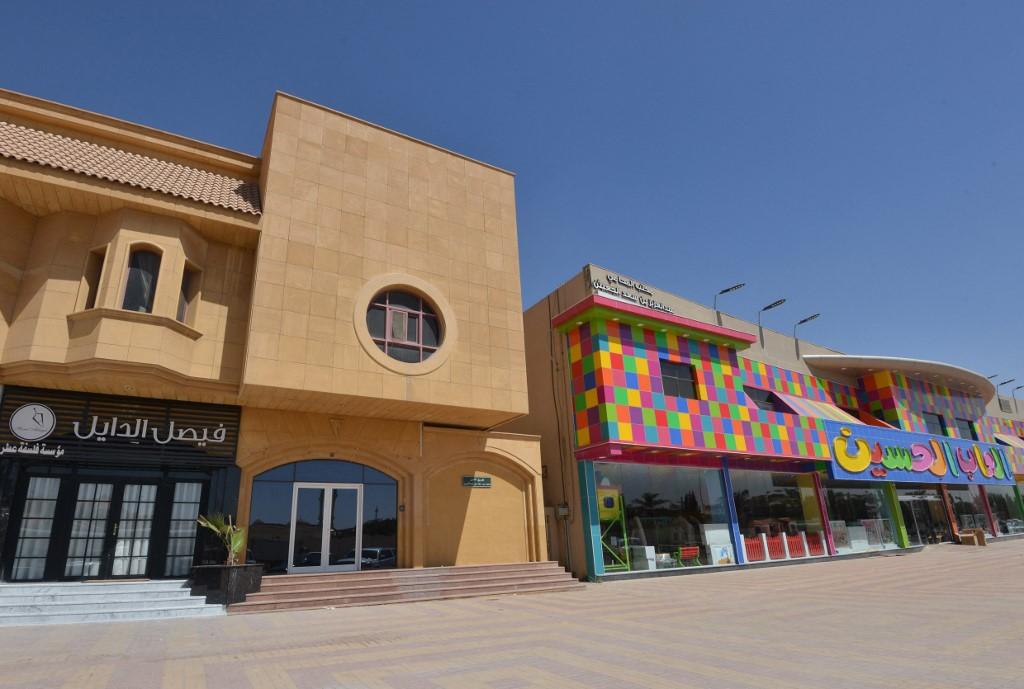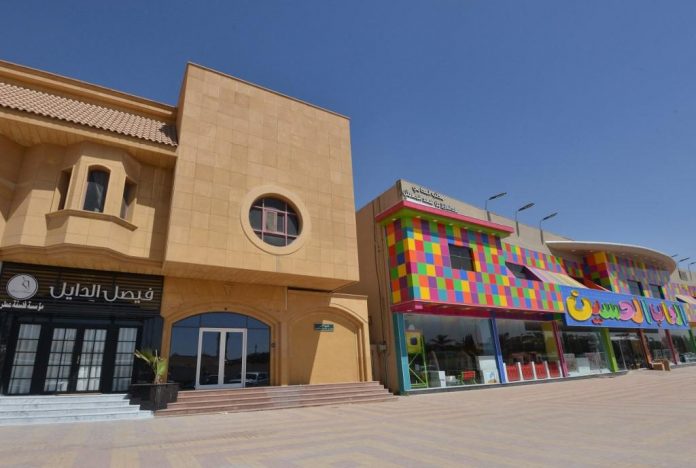DUBAI: Scores of international companies were lining up to enter the Saudi market despite the ongoing global economic fallout from the coronavirus disease (COVID-19) pandemic, according to a government-accredited incubator.
The desire by firms to work in the Kingdom had accelerated in line with the country’s efforts to attract foreign investment as part of its Vision 2030 reform plan, said AstroLabs founder Muhammed Mekki.
“The interesting thing to note is that despite the pandemic and the uncertain global economic conditions, there’s been an accelerating interest in companies expanding into the Kingdom from around the world,” he told Arab News.
Last year, as many economies took a hit from the global health crisis, AstroLabs – the first international incubator accredited in the Kingdom – assisted 44 companies wishing to do business in Saudi Arabia, a 54 percent increase on 2019.
AstroLabs, which has offices in Dubai, Abu Dhabi, Riyadh, and Jeddah has helped more than 100 companies set up in the Kingdom since 2018, the year it was given a foreign investment license by the Saudi government.
And Mekki expected another 110 firms to establish business operations in the country this year, “surpassing the total number we supported in the previous three years combined.”
He added: “We currently have hundreds of companies in our pipeline from all over the world.”
He attributed the trend to pent-up demand, but said the uptick was mainly due to a new regulatory regime that allowed for more flexibility and independence for businesses, such as the removal of ownership limits for foreign strategic investors.
“Although it’s not typically a time for companies to be expanding, opening new offices, and exploring new geographies, the Saudi case is unique because of this confluence of pent-up demand and the latest changes that have happened that have put a real spotlight on the Saudi market.”
The UN Conference on Trade and Development recently published a report tracking the positive performance of foreign direct investments (FDIs) in Saudi Arabia, which it also chalked up to the regulatory changes.
According to the study’s findings, FDI flows increased by 7 percent between 2018 and 2019, reaching $4.6 billion, and preliminary data showed inflows to Saudi Arabia in the first half of last year rose by 12 percent to $2.6 billion.
The Kingdom also moved up 30 places from the year before in the World Bank’s 2020 Doing Business Report. It ranked 62nd and was the most improved out of all 190 economies.
On Monday, Saudi Arabia said it would stop contracting with international companies that did not have regional headquarters in Riyadh.
Mekki said: “Many of the international companies we are setting up in Saudi Arabia are establishing a local office to bid on the various government projects currently being tendered.”
He noted that AstroLabs’ clients were already aware that government tenders were being limited to Saudi-based companies.
“The future policy announcement requiring regional headquarters to be based in the Kingdom is an extension on the same trajectory,” he added.
Managed cloud kitchen platform Kitopi recently expanded into Saudi Arabia. Its chief executive officer and co-founder, Mohammed Ballout, said: “Our move into KSA after Dubai was an obvious one given that Saudi Arabia is the Middle East’s largest economy.
“Even with the uncertainty of the pandemic today, the Vision 2030 strategy has cleverly allowed the Kingdom to mobilize very quickly, moving away from oil-dependency,” he added.
Ballout said the ease of regulations for foreign businesses “was key to attracting startups like ours,” and he noted the Kingdom’s support for technology-driven firms and entrepreneurs.

Saudi Arabia approves Oxford-AstraZeneca COVID-19 vaccineSaudi energy minister: Kingdom ready to help Texas, other states suffering power outages due to storm

